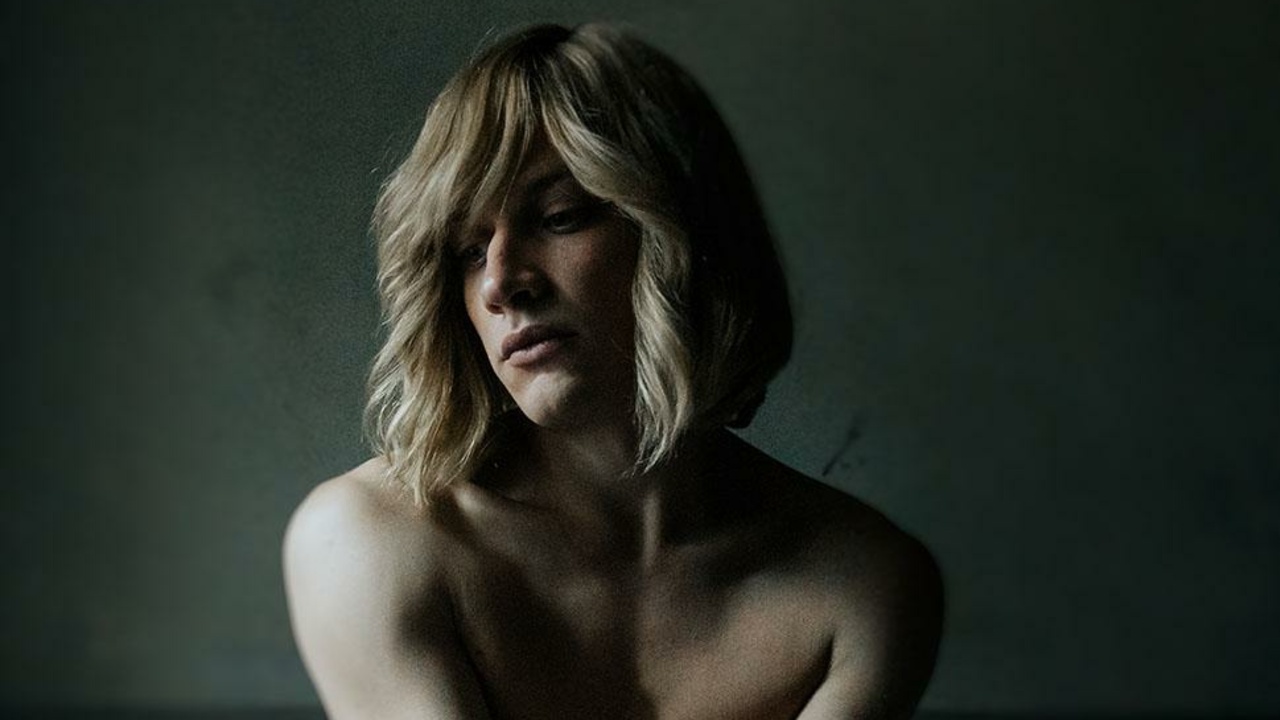Trans women are women, deserving of all the respect and rights of their cis counterparts. That reality is conveyed poignantly in “Woman Of,” from Polish directors Małgorzata Szumowska and Michał Englert, a sprawling, lyrical, and sensitive journey of a woman becoming her true self.
While it occasionally bags at the seams, spending time meandering down inconsequential tangents bereft of purpose, the film‘s characters are acted with such nuanced specificity that even at two hours and 20 minutes, “Woman Of” is a never-tiring portrait of gender and sexuality told across 45 years of Poland. We begin in the 1970s and move through communism, independence, and COVID, but society still largely languishes in the bureaucratic hell that awaits Polish LGBTQ+ people seeking lives without discrimination, to marry who they please, or to be legally recognized for their gender.
Aniela Wesoly, or Andrej as her parents named her, has spent her whole life in a provincial Polish town presenting as a man, and in her early 20s fell in love with Iza, in the sort of sun-dappled sexy haze between two utterly gorgeous people that most can only dream of. The bond between the two is tender and pure, never entirely breaking despite all that the next 45 years will bring.
They marry and have children, and in the first act are played by Mateusz Więcławek and Bogumiła Bajor, embodying all the youthful enthusiasm of first love in all its horny glory, with the sound design embracing the raw sexual connection they have, turning up the volume to capture every slurp and squelch.
But, as is clear from Więcławek’s delicate but harrowing performance, something is amiss. She feels out of step with the world despite the joys of playing rugby and downing beers with the lads. When no one is looking, she gazes out at the middle distance in despair. We steadily move forward in time, and the roles of Aniela and Iza are taken over by Małgorzata Hajewska and Joanna Kulig, respectively. This does prove unintentionally comical as Aniela is now played by a distinctly older, though equally compelling, actor. Much of the supporting cast stays the same, while Aniela noticeably endures the passage of time. Aging aside, Hajewska does a masterful job capturing Aniela’s growing confidence in outward femininity, taking joy in each new hairstyle, high heel and miniskirt. But it’s then jarring to see her meet up for lunch with a person who has not accrued a single sign of aging in the past 45 years. Other problematic moments include when the Polish government’s fixation on genitalia becomes the fixation of the film. A few scenes burden themselves with depicting the specifics of Aniela’s anatomy, despite an important outward transformation more significant for both the film and the character’s journey.
But even with the joy of seeing Aniela gleefully try out new fashions and hairstyles, the film starkly portrays how being a trans woman at the turn of the 21st century faces so much purposely constructed cruelty. In order for Aniela to be recognized for her gender, many bureaucratic hoops need to be jumped through. She must divorce her beloved wife, sue her parents, and sacrifice her personal and financial security just to be herself. The ramifications of her relationship with her children are particularly difficult to endure, a closeness that had previously defied the gender norms of the time.
The spiritual and political implications of her journey are made clear; much of the film depicts a no-frills Polish working-class existence where the greatest joys in life involve vicious games of rugby, clinking cold beers together, and cheering “down with the commies.” As she gazes out her window, she sees a Poland in flux while she remains boxed in, seeking inspiration from the saints lit in the cold blue morning light or the toil of nuns who carry large crucifixes past her family home’s window, always there with a small moment of warmth or spiritual guidance in Aniela’s frequent hours of need.
At times, the world contorts with unexpected cruelty, but at others, a gifted carrier bag full of makeup, a willingness to address her by her preferred pronouns, or a doctor reassuring her that trans women are real women offer warm embraces of humanity that could thaw even the bitter Polish winters. It may take a long while for Aniela to become who she truly is, but “Woman Of” makes the journey worthy.
Grade: B
“Woman Of” world premiered in competition at the 2023 Venice International Film Festival. It is currently seeking U.S. distribution.



